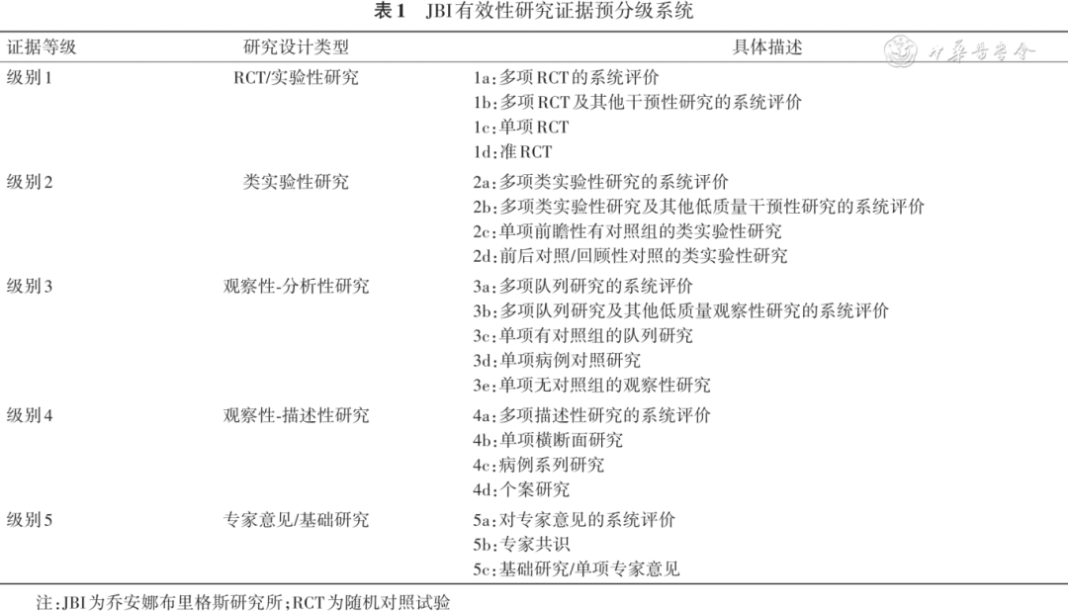Schizophrenia is a severe mental illness, and its etiology and pathogenesis are not yet fully understood. Biological, social, and psychological factors play important roles in the onset, development, and prognosis of the disease. Schizophrenia presents with complex clinical symptoms and a tendency for relapse. The illness usually starts early, with severe and persistent symptoms that significantly impair the patient’s occupational and social functioning, leading to a significant social burden. In China, the weighted lifetime prevalence rate of schizophrenia and related psychotic disorders is 0.7%.
In addition to the characteristics of the disease itself, non-adherence to treatment and the interaction with social and psychological factors are important factors leading to the chronicity, high disability, and poor prognosis of schizophrenia. The most common issues are improper drug treatment and interruption, while life events and acute stress can also trigger relapses. A meta-analysis showed that schizophrenia patients have a 152% higher all-cause mortality rate compared to any non-schizophrenia control group, but the proper and standardized use of antipsychotic drugs can provide significant protection. Increasing evidence supports the continued use of antipsychotic drugs for maintenance treatment after the acute phase of schizophrenia to effectively reduce the risk of relapse, decrease rehospitalization rates and mortality, improve mental symptoms, and promote functional recovery and quality of life.
Regarding the maintenance treatment of schizophrenia, it is recommended to follow the principle of single drug therapy with antipsychotic drugs. If a patient’s response to treatment is unsatisfactory, combination therapy with two antipsychotic drugs may be considered. Long-acting injectable antipsychotics (LAIs) are beneficial in improving medication adherence, reducing the risk of relapse, rehospitalization rates, and providing additional benefits in symptom relief, social functioning, and improving quality of life.
The recommended duration of maintenance treatment for first-episode schizophrenia patients is at least 3 years after clinical recovery, while for first relapse (second episode) patients, treatment should be maintained for a minimum of 5 years. Patients with multiple relapses (two or more episodes) are advised to continue medication for life. The duration of maintenance treatment is crucial in preventing relapses and ensuring long-term stability and recovery.
In summary, this consensus provides valuable guidance on the maintenance treatment of schizophrenia, covering various aspects such as drug selection, dosage, management of special symptoms, and non-drug treatments. It aims to streamline the maintenance treatment of schizophrenia in China and provide guidance for the acute phase treatment and management of adult schizophrenia patients, particularly to enhance the clinical treatment level of grassroots psychiatrists and improve the functional prognosis and quality of life for schizophrenia patients.
Source: Chinese Journal of Psychiatry, 2024, 57(7): 397-406.


